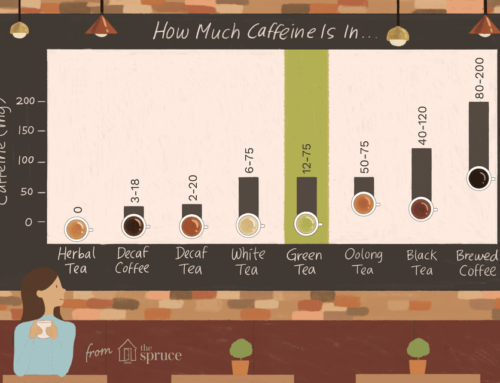Did you know it is National Physical Therapy Month? Is it a coincidence that Oktoberfest also falls in the month of October too? 🙂 Let’s start with the history of the profession. Physical Therapy developed during World War I, between 1914-1917 to assist in the recovery of soldiers’ injuries during the war. Originally, Physical Therapists were known as “reconstruction aides” and the first official therapists graduated from Reed College and Walter Reed Hospital. In the 1970’s-1980’s, the professional designator was RPT or LPT (Registered or Licensed Physical Therapist and Physical Therapist Assistants was RPTA or LPTA (Registered or Licensed Physical Therapist Assistant). In the late 1980’s and early 1990’s, it was changed to just PT or PTA as an individual could not practice without a license or being registered, therefore, the additional letters made no difference. According to the APTA (American Physical Therapy Association): “Today’s physical therapist is required to complete a graduate degree – either a masters or clinical doctorate – from an accredited education program. A growing majority of programs offer the Doctor of Physical Therapy (DPT) degree. Currently, 199 colleges and universities nationwide support 212 accredited professional physical therapist education programs; 96% now offer the DPT and the remaining programs are planning to convert.”
What areas do a Physical Therapist practice? Physical Therapists offer a wide range of practice. We provide care to patients of all ages who have impairments, activity limitations, and participation restrictions due to musculoskeletal, neuromuscular, cardiovascular/pulmonary, and/or integumentary disorders. Did you know we also provide prevention and consultation services such as work station evaluations, bike fits, and run analysis? What about education, research, and administration? We provide that too. The APTA currently recognizes the following specialty sections as part of the professional organization of physical therapy:
Acute care, Aquatic physical therapy, Cardiopulmonary and pulmonary, Clinical electro and wound management, Education, Federal, Geriatrics, Hand, Health policy and administration, Neurology, Oncology, Orthopedic, Pediatric, Private practice, Research, Sports physical therapy, and Women’s health
So what are you waiting for? Contact Premier Therapy for all of your physical therapy needs! For more information about Physical Therapy, see the links below.
http://www.apta.org/uploadedFiles/APTAorg/Practice_and_Patient_Care/PR_and_Marketing/Market_to_Professionals/TodaysPhysicalTherapist.pdf
http://www.jblearning.com/samples/0763740691/40691_CH01_FINAL.pdf






